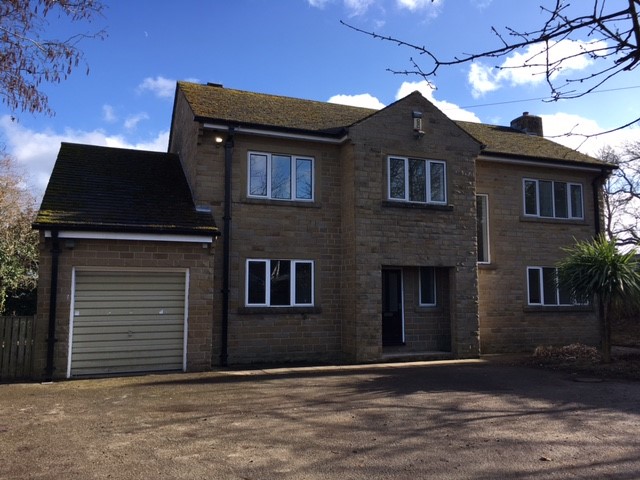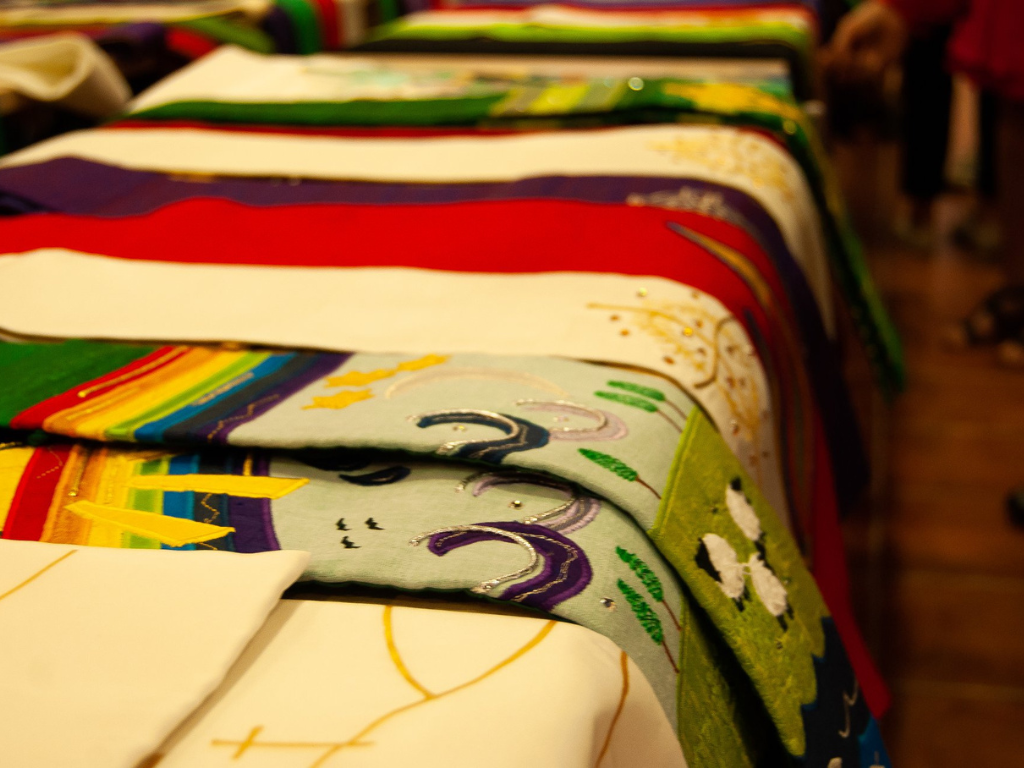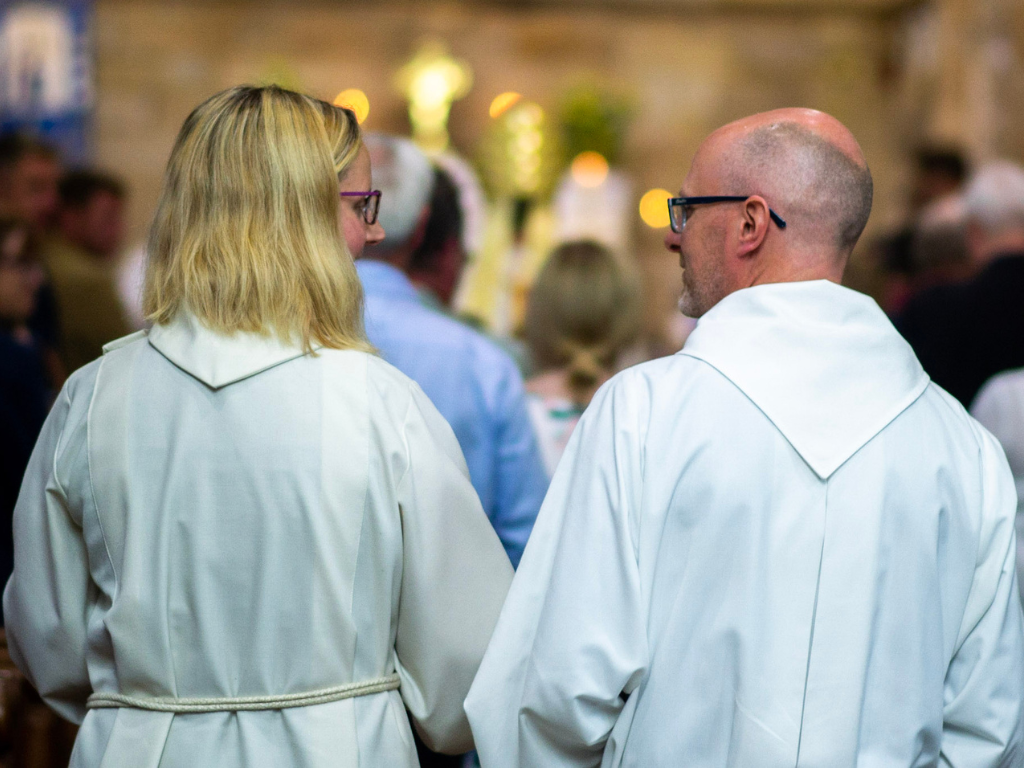Property
We are responsible for 480 houses, mostly accommodating clergy, as well as glebe land. Find out more.
Clergy-Specific Courses
We aim to help clergy as they grow and learn in ministry and theology, so they in turn can help their congregations learn and grow. Find out more.
Retired Clergy
Retired Clergy Officers, on behalf of the Bishops, are available to provide wide-ranging support to retired clergy, widows and widowers. Find out more.
Ministry Wellbeing
Counselling, retreats & grants, spiritual direction, sabbaticals and the Clergy Support Trust. Find out more.
Clergy Guidance
Our Clergy Guidance page gives information for all clergy, both newly appointed and those who have been in post for some time. Find out more.




